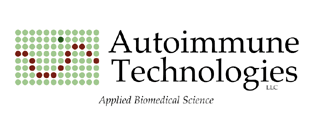| Idiopathic CD4+ T-lymphocytopenia,
or ICL, is an immunodeficiency syndrome in which human
immunodeficiency virus, or HIV, cannot be detected.
Because HIV is the causative agent of acquired immune
deficiency syndrome (AIDS), ICL can be referred to as
Non-HIV AIDS. As in AIDS patients, Non-HIV AIDS
patients exhibit reduced numbers of CD4+ T-lymphocytes,
and many Non-HIV AIDS patients have developed the opportunistic
infections or otherwise rare cancers associated with
AIDS.
Non-HIV AIDS patients may comprise perhaps one percent
of all AIDS patients. While the majority of Non-HIV
AIDS patients do not belong to any of the risk groups
such as blood transfusion recipients, male homosexuals,
and intravenous drug abusers in which AIDS was first
identified, some Non-HIV AIDS patients do belong to
these groups. This suggests that Non-HIV AIDS may also
be transmissible.
Research conducted at Tulane University Medical Center
suggests that Non-HIV AIDS is associated with a retroviral
particle called Human Intracisternal A-Type Particle-Type
II, or HIAP-II. Antibodies to this particle have been
found in a high percentage of patients with Non-HIV
AIDS. Tulane has patented HIAP-II, and Autoimmune Technologies
is licensing HIAP-II technology in order to develop
screening and diagnostic tests and therapies for Non-HIV
AIDS and to study the possibility of generating vaccines
against Non-HIV AIDS, autoimmune disease, and AIDS.
For information about diagnostic testing, go to the
Non-HIV AIDS Laboratory
Test Page.
|



